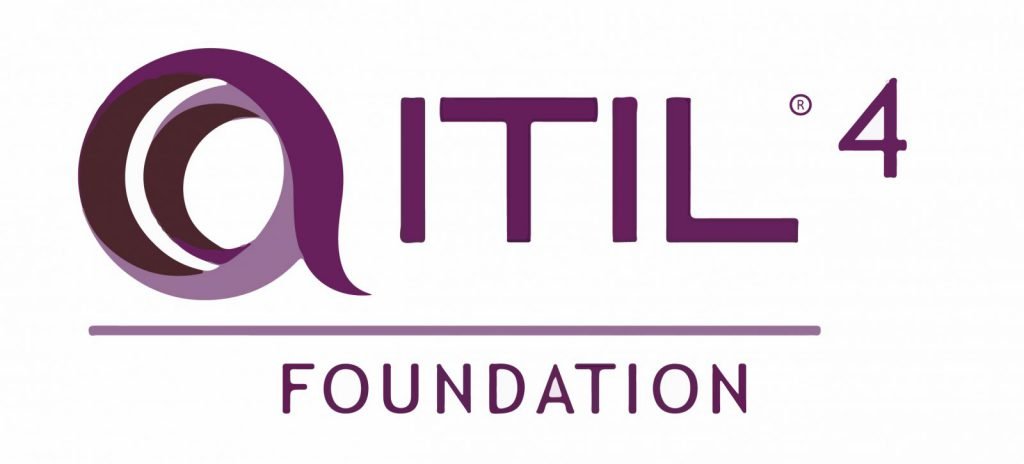REASONS TO CHOOSE
The world’s leading IT service management framework
Used for IT services around the world for over 30 years
Ensures continual quality and improvement of IT services
Provides a common approach and shared terminology
Manages the entire service lifecycle from development to improvement
ITIL®️ 4 Foundation Training Course Outline
This ITIL®️ 4 Foundation course is designed to give delegates a comprehensive understanding of the ITIL®️ framework and its role in modern ITSM. The course covers the following topics:
Introduction
The role of IT Service Management as a key strategic capability within organisations hoping to stay relevant in the face of rapid advancements in technology
The structure and purpose of the new framework, ITIL®️ 4, which provide guidance around two key components: Service Value System and the Four Dimensions Model
An outline of the Service Value Chain, ITIL®️ Practices and Principles, and the elements of the Four Dimensions Model
Key Concepts of Service Management
The nature and values of Service Management, including the new focus of ITIL®️ 4 on stakeholder value, detailing the relationship between Organisations, Service Providers, Service Consumers, and other stakeholders
The management of Products and Services that organisations offer and how these are supplied with resources, in order to improve and focus Service Offerings to target consumer groups
The areas to consider when evaluating the value of service relationships with consumers, based on how they are affected by the outcomes, costs, and risks involved
The Four Dimensions of Service Management
An introduction to one of the central focuses of ITIL®️ 4, the Four Dimensions Model, and how its elements must collaborate to provide different perspectives to the Service Value Chain
Detailed outlines of the four dimensions: Organisations and People, Information and Technology, Partners and Suppliers, and Value Streams and Processes. This includes the role they play in IT Service Management, their main principles and examples in relation to the ITIL®️ framework, and factors to consider within organisations
The ITIL®️ Service Value System
An introduction to the second central focus of ITIL®️ 4, Service Value System, including its purpose and relevant inputs and outputs
The relationship between the five components of the SVS model and how they interact to provide a clear framework that ensures the effective functioning of Service Management
A description of ‘silos’ and how the SVS is best used to discourage them and manage change more effectively
The ITIL®️ Guiding Principles
The seven core principles that determine how ITIL®️ operates
An explanation of how organisations must follow these principles when choosing to adopt a new ITSM framework, fully understanding the message and value, and communicating this with their stakeholders
The Service Value Chain
An operating model for service creation, delivery, and continual improvement
The six activities that form the Service Value Chain are intended to help the creation of products and services focused on value
The model is designed to be flexible and adaptable to different approaches and business needs
General Management Practices
Management practices are organisational resources designed to accomplish specific objectives
An overview of the four categories of organisational resources
Effective use of management practices will ensure businesses can put their service on the market quickly and efficiently
Service Management Principles
An overview of the various Service Management Practices designed to improve the implementation of ITIL®️ 4
Detailed outlines of Availability Management, Business Analysis, Change Control, and Release Management
The stages of Service Level Management, including defining, recording, and managing service levels
Technical Management Principles
Deployment Management is a key type of Technical Management and is designed to transfer new or changed software, hardware, processes, and documentation
Duration Of Study: 2 Months
Course Hours: 32
Two days per week everyday 2 Hours





































